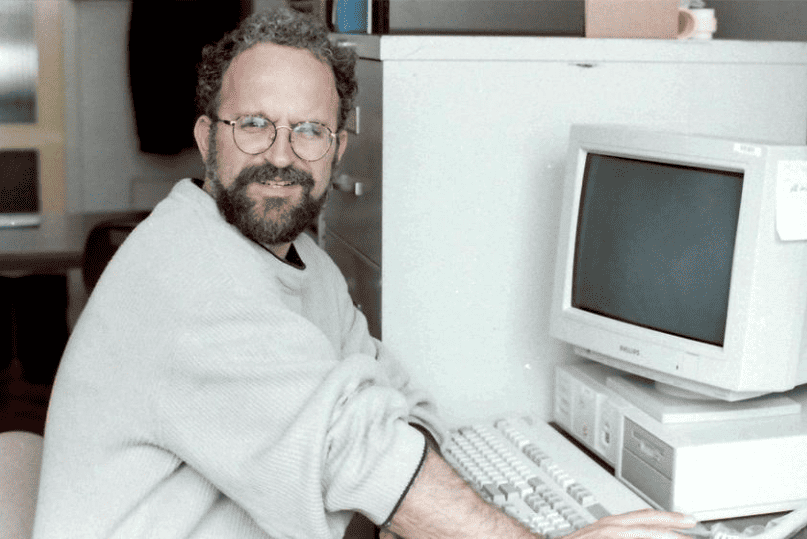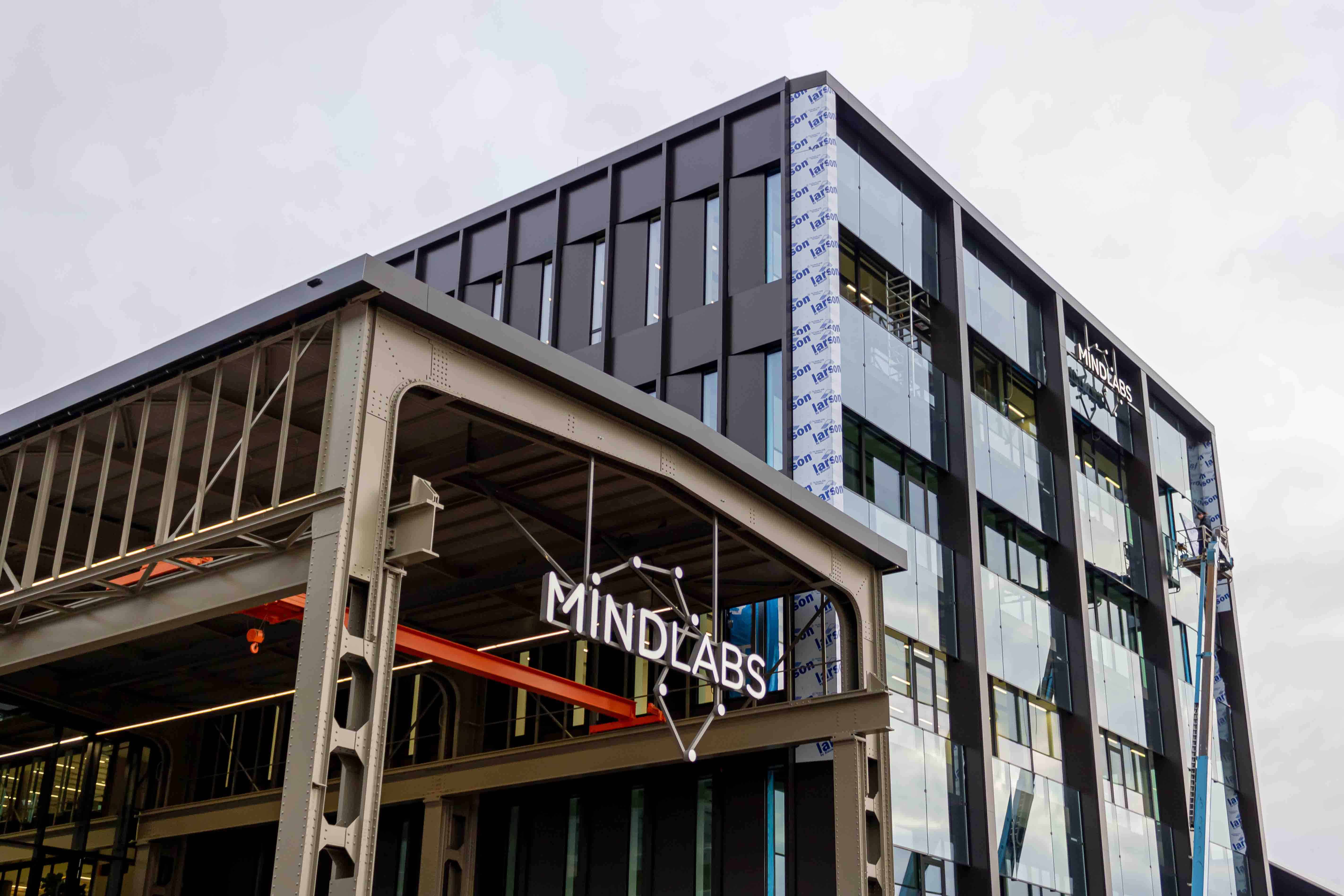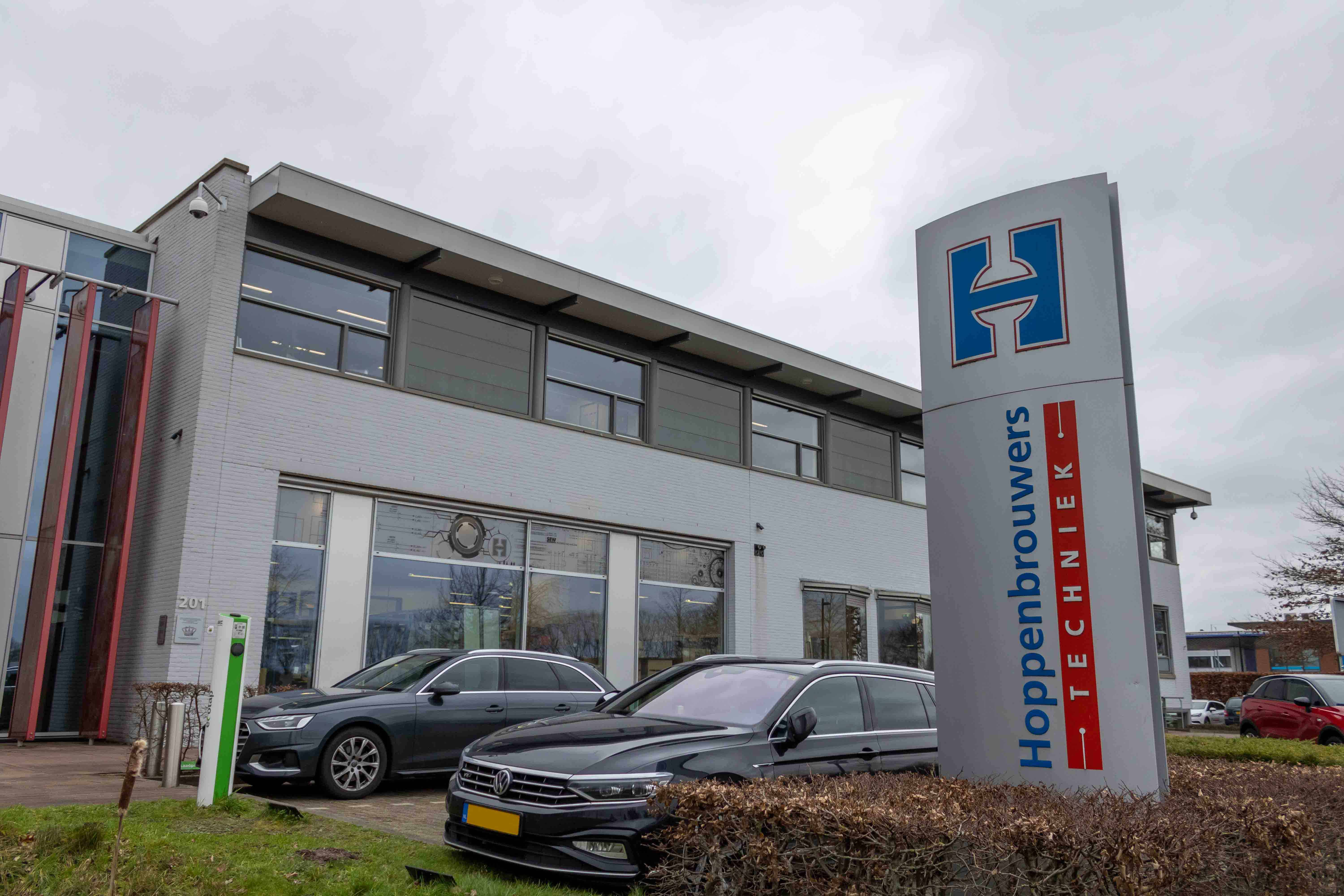
A lot of smart city applications collect unnecessary data and in doing so infringe on the freedoms of citizens. This is the opinion of the Dutch Data Protection Authority after carrying out research among twelve municipalities. “Getting citizens on board seems to be a key to success in smart city applications, however, this is still rarely implemented.”
Wifi tracking, microphones, cameras and other sensors. Municipalities, under the umbrella of the moniker of smart city, collect a lot of data in public spaces for reasons such as crowd management, traffic advisories and virtual area development. But, warns the Dutch Data Protection Authority, they do not pay enough attention to privacy legislation and do not involve citizens adequately in the process.
Can and may
This is the picture that emerges upon reading the research conducted by the AP into the use of smart city applications and whether (and to what extent) the personal data of residents and visitors are properly protected. To do this, the research looked at twelve municipalities, ranging from cities that profile themselves prominently as smart cities, to ‘average’ municipalities where there is no specific focus on this topic.
The AP’s warning is not without consequences, because this poor implementation of smart technologies may come at the expense of the freedom of residents and visitors of that municipality, the AP states. “For example, when citizens are followed in public spaces in a way that is not necessary or not allowed.” In addition, the General Data Protection Regulation (AVG) prohibits the unnecessary or unauthorized collection or use of personal data in public spaces Therefore, municipalities run the risk of sanctions (such as a data processing ban or a fine). In other words, the fact that something is technically possible does not necessarily mean that it is legally allowed.
Consequences
Almost all the municipalities that were examined still have a lack of knowledge about and a focus on the consequences of smart city applications for citizens and visitors, the AP researchers contend. Although there was a huge difference in the maturity of the smart city level between the twelve municipalities, the shortcomings appeared to be present everywhere. Frameworks on what is and is not allowed in terms of data collection and analysis are missing, awareness about the consequences for citizens’ rights and freedoms is not robust enough, and the rationale for deploying the “smart” data technology and sensors is often poorly substantiated. It is therefore often debatable whether the collection of data in the public domain is lawful.
Also, the necessity for data collection (rather than an alternative and more general solution) is often not apparent. “Is it really necessary to process personal data to achieve a particular purpose?” reads one of the concluding recommendations. “If there is no basis for the processing or if the data processing is not essential for the stated purpose, then the smart city application should not be used. Shifting the goal posts poses a real risk that can harm the rights and freedoms of citizens.”
Surveillance society
Monique Verdier, vice president of the AP, warns in an accompanying statement that came with the study that an overly data-hungry smart city can turn into a surveillance society where you can no longer walk down the street uninhibited.
“While the use of technology can provide municipalities with greater insight into the use of public spaces, this should not be done without considering the price that residents and visitors of that municipality have to pay. How does the collection of their data in public spaces square with their freedom? Who has access to the data and what can it all be used for? What kind of information can be linked? The technical possibilities are endless, but there is a limit to what is ethically and legally permissible.”
Citizen as a ”brain”
The AP therefore recommends that municipalities give two parties a greater say in the development of the smart city: The municipal council and its citizens. It sees the municipal council – which, according to the AP, still gives this subject not enough attention – as the ideal counterweight, noting that it often does not yet have enough knowledge at its disposal to properly carry out this supervisory task. “Involving experts can help to ask the right questions.”
Moreover, citizens should be utilized as the ‘brain’ for the entire smart city operation. One of the conclusions is: “In practice, the AP does not see how the municipality is capable of evaluating all of the risks in high-risk smart city applications without asking the citizens for their opinions. Getting citizens on board seems to be a key to success in smart city applications, however, this is still rarely implemented.”
AP ends its list of recommendations with the final conclusion that any further responsible development of a smart city will not be possible if municipalities do not take these recommendations to heart. “Without paying attention to these aspects, Dutch smart cities run the risk of losing sight of their citizens and even jeopardizing the rights and freedoms of the individual. This risk is especially relevant in the public space, where citizens should be able to feel free and not spied upon.”
Text: This is an abridged version of the article ‘AP: maak burger brein van de smart city’ (‘AP: make the citizen the brain of a smart city’) that was published on Gebiedsontwikkeling.nu and has been reproduced with permission by Innovation Origins.
Also read: The GDPR in action, how are your data protected?







